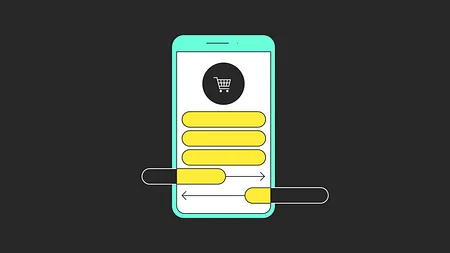What does Chime's outage mean for digital-only banks?

In her latest column for Forbes, 11:FS Head of Research Sarah Kocianski analyses Chime's recent outages and challengers' reliance on third-party processors.
A couple of weeks ago, the digital-only bank Chime, which has over five million customers, suffered an outage that made card transactions and cash withdrawals unavailable. At the same time, its website and mobile app also went down.
The issue was caused by an “operational incident” at Chime’s processor, Galileo, which affected its ability to “support transactions for a small number of ... clients and their customers”, according to sources quoted by CNBC.
A not unprecedented event
This wasn’t the first time Chime had experienced this problem.
We saw this type of outage is a lot in the UK when challenger banks and current account-providing fintechs first went live. That was mostly because they, too, relied on third parties to handle some of their operations.
When the processor suffers an issue, it affects more than one player in the same industry
The challengers and fintechs chose this strategy because it helped them get to market faster, enabling them to start accumulating customers and iterating their products. However, these third parties proved unreliable, going down with frustrating frequency for the banks’ customers and leaving the banks with the job of trying to explain what had happened.
The problems with third parties
As in the UK (where Revolut, Monzo, Loot and more used GPS), a large number of well-known fintechs and banks use one processor in the US. On top of Chime, Galileo counts Varo Money, as well as the US operations of Monzo and Revolut, as customers.
This state of affairs means that when the processor suffers an issue, it affects more than one player in the same industry. That can damage both the industry as a whole and the individual firms.
The way the UK banks responded to the outages ... was key in ensuring their customers didn't lose faith in them
Ultimately, the main casualty may well be the third parties.
If they can’t offer their clients consistent services, they’ll move to a more reliable competitor or take things in-house. Some UK firms did the latter by building out their own systems — a resource-heavy job, but one that gave them full control over their systems and enabled them to be fully accountable to customers.
Given Galileo recently received a $77 million capital injection from an institutional raise, that potential future could be troubling to both the firm and its investors.
Lessons learned
The way the UK banks responded to the outages before taking the decision to bring things in-house was key in ensuring their customers didn't lose faith in them. They reacted immediately with in-app messages and blog posts clearly explaining exactly what was going on.
The speed, clarity and transparency of their response ensured the banks didn’t suffer significant damage from the outages. These institutions also owned up to the fact there was an issue, something larger banks typically don’t do. That ensured customers understood what was going on, allowing them to make contingency plans and helping them feel more in control of the situation.
Chime also took this approach when responding to the outage, which will stand it in good stead for the moment. That said, given this was the third outage since July, it may well be looking to adopt the same strategy as its UK peers in another aspect — exploring how it can reduce its reliance on Galileo.



